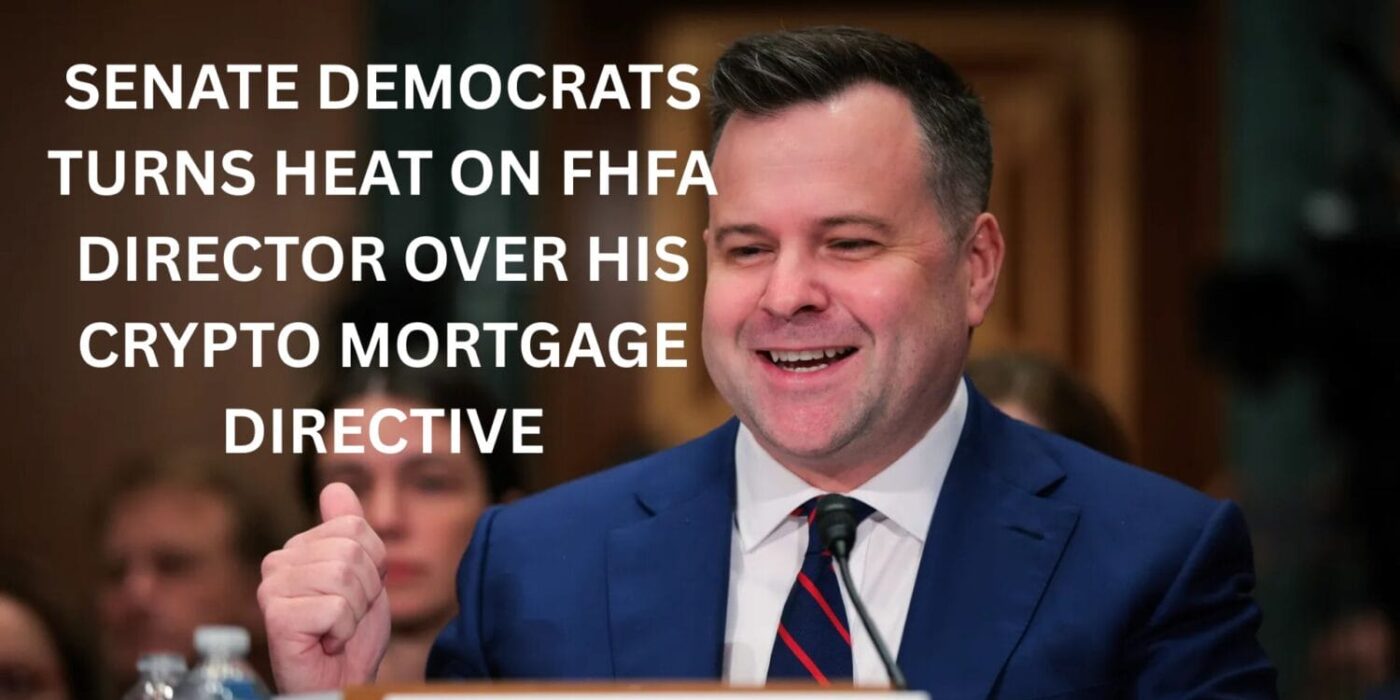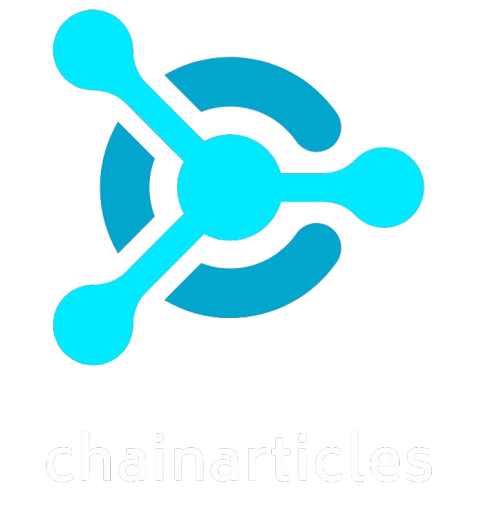Key Takeaways
- The democratic senators asked Pulte“to fully assess the potential risks and benefits of your order and its implications for the U.S. housing market and financial system.”
- The senators also referred to a report published by Fannie Mae at the end of 2024 that listed crypto, private coins, and stablecoins as the “least appealing application” for blockchain technology.
Five U.S. Senate Democrats have opened a probe into Federal Housing Finance Agency (FHFA) Director William Pulte’s plan to allow government-backed mortgage purchasers to count crypto as an asset when assessing mortgage risk.
In June, Pulte had directed Fannie Mae and Freddie Mac to prepare a proposal on how they can consider crypto holdings in their risk assessments for single-family mortgage loans, without converting the crypto to U.S. dollars.
While several Republican officials responded positively to the move, Democratic Senators Jeff Merkley, Elizabeth Warren, Bernie Sanders, Chris Van Hollen, and Mazie K. Hirono sent a letter Friday to Pulte, requesting further information regarding the plan. They asked him “to fully assess the potential risks and benefits of your order and its implications for the U.S. housing market and financial system.”
In the letter, the senators wrote: “Expanding underwriting criteria to include the consideration of unconverted crypto assets could pose risks to the stability of the housing market and the financial system.” They highlighted concerns from consumer advocates who described crypto as a “lightly regulated and highly volatile investment asset,” and referenced the 2008 financial crisis as a warning against linking risky investments to the housing sector.
“The 2008 crisis proved that lax financial practices around risky investments can blow up the housing market—and hardworking families in Oregon and across the country paid the price. Crypto poses serious risks to the stability of the housing market. This is a risk we must address,” Merkley said.
The senators also referred to a report published by Fannie Mae at the end of 2024 that listed crypto, private coins, and stablecoins as the “least appealing application” for blockchain technology.
They criticized a component of Pulte’s plan that allows crypto to be counted as an asset without first converting it to dollars. They pointed to a report from the Corporate Finance Institute describing the crypto market as “far from being as large and liquid as other financial markets that professional investors would normally participate in.”
The letter further stated: “Crypto is also subject to heightened risks of loss due to scams, cyber hacks, or physical theft, which could leave homeowners vulnerable to losing their crypto assets with little hope of recovery.”
They also flagged crypto’s volatility and liquidity as additional concerns, writing: “Borrowers who use crypto face an increased risk that they may not be able to exit a crypto position and convert to cash at a price that would allow them to buffer against risk of mortgage default.”
The senators also expressed concern about potential conflicts of interest within the FHFA, Fannie Mae, and Freddie Mac, “that could unduly influence their proposals,” specifically citing ties between former President Donald Trump’s family and the crypto industry. “The Trumps are deeply involved in the crypto industry, having ties to a trading platform with a token, a stablecoin, a crypto mining business and various memecoins and non-fungible tokens,” the letter said.
The senators further pointed to Pulte’s own financial disclosures, which show his spouse holds up to $2 million in crypto. “This raises additional concerns about your potential conflicts,” the senators wrote. They noted that Pulte is chair of the boards of both Fannie Mae and Freddie Mac—the same boards that must approve any changes under his directive—and accused him of stacking those boards with “industry allies.”
The senators criticized the lack of detail in Pulte’s order, saying it provided no information on how Fannie Mae and Freddie Mac would develop their proposals, how the FHFA had assessed the risks and benefits, or how it intended to gather feedback. “Clarity on this order is especially critical given FHFA’s previous failures to adequately oversee crypto-related activity,” they wrote, referencing the 2023 banking crisis, during which three banks collapsed “in part due to risks posed by growing lines of crypto-based business.”
They also cited a 2021 Fannie Mae report that found the use of crypto and stablecoins for deposits, payments, or collateral to be the “least appealing application” of blockchain in the mortgage sector.
The senators requested that Pulte respond to a series of questions, including how the directive was approved, how the FHFA will monitor conflicts of interest, and how the agency plans to assess both the risks and benefits of incorporating crypto into mortgage risk frameworks. They have further requested a formal response by August 7, 2025.







